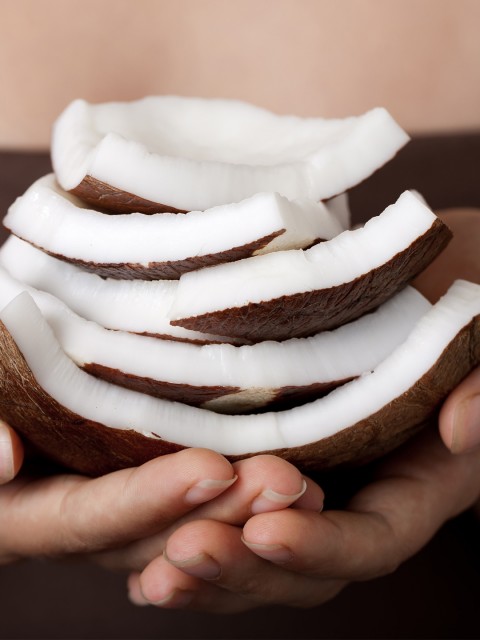Herbs are green, leafy plants, where leaves are believed to have strong healing powers. Herbs are easily cultivated from seeds or plants and used to add flavor to food, for their fragrance and color.
While some countries use herbs for culinary purposes only, others believe herbs are a part of a holistic system of wellness used to strengthen our immune system and our body in order to prevent or treat many common symptoms such as cold and flu, problems such as indigestion, anxiety or depression.
Usually herbs have delicate stems and if grown until its maturity, they can develop into flowers and seeds. You can purchase herbs in fresh or dried forms, ground and powdered. All herbs contain a great amount of chemicals which can be benefited from, especially when herbs are combined. Even though herbs can be used as healing remedies, they are not risk-free. In other words, to benefit from herbs you need to have not only some basic background information about the use of herbs, but also the right herbs.
Basic Safe Herbs
Bay leaf, Oregano, Parsley, Onion, Mint, Thyme, Cardamom, Caraway seed, Celery seed, Dill, Fennel, Garlic, Sweet basil, Turmeric, Coriander, Marjoram.
Herb Tips
Fresh Herbs
- When buying fresh herbs always look for bright green leaves.
- Leaves should not be bruised or dried.
- Wash your fresh herbs as soon as you get them to your home and let them drain in a colander for a few minutes.
- To store your fresh herbs, stand them upright in a glass of water and loosely cover the top with a plastic bag to keep the moisture in.
- Leftover herbs can be stored in a freezer.
Dried herbs
- To release more of the dried herb oil, rub it in your hands before adding it to your recipe.

